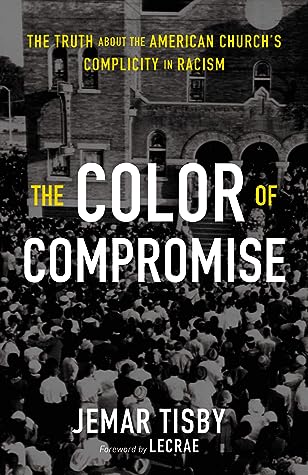More on this book
Community
Kindle Notes & Highlights
by
Jemar Tisby
Read between
October 7 - October 12, 2021
The failure of many Christians in the South and across the nation to decisively oppose the racism in their families, communities, and even in their own churches provided fertile soil for the seeds of hatred to grow. The refusal to act in the midst of injustice is itself an act of injustice. Indifference to oppression perpetuates oppression.
It seems like most Christians in America don’t know how bad racism really is, so they don’t respond with the necessary urgency. Even when Christians realize the need for change, they often shrink back from the sacrifices that transformation entails.
Christians participated in this system of white supremacy—a concept that identifies white people and white culture as normal and superior—even if they claim people of color as their brothers and sisters in Christ.
American Christians have never had trouble celebrating their victories, but honestly recognizing their failures and inconsistencies, especially when it comes to racism, remains an issue.
This belief led to a fixation on individual conversion without a corresponding focus on transforming the racist policies and practices of institutions, a stance that has remained a constant feature of American evangelicalism and has furthered the American church’s easy compromise with slavery and racism.
Being complicit only requires a muted response in the face of injustice or uncritical support of the status quo.


